In the third and final part, Dr. Roopali tells us about Military Special Trains. A colour and mood story that shows paroxysms of emotions. An exclusive for Different Truths.
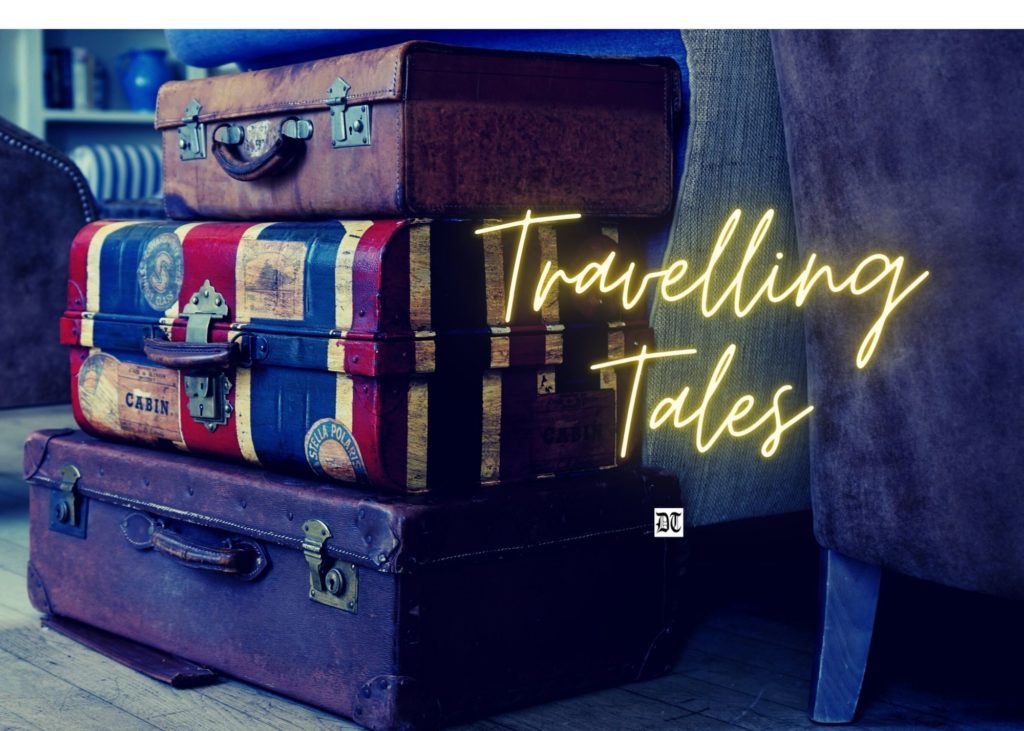
The one-tonnes, three-tonnes, jongas and jeeps were second to the majesty of the Military Special Trains. Those, I must tell you, were very special indeed! They were the trains that moved entire regiments of soldiers from one far flung part of India to another. They moved lock stock and barrel from a “field” area where soldiers were deployed to a “peace” area, where families could join their soldiers. We often travelled on these trains – these giant caravans – as an entourage. They were parked at special platforms, away from the milling crowds. And they sparked a lot of curiosity amongst civilian people. A small goggle-eyed crowd would always gather to savour the fauji bandobast. Their eyes full of pride, and a smile on their faces. They had never seen soldiers this close. And there is always something about that Oliver Green Guy that reminds one of home, the nation – desh ki mitti, and a life full of valour and sacrifice.
I remember fondly one such journey as a military brat on a Military Special Train from Jammu to Gwalior.
I remember fondly one such journey as a military brat on a Military Special Train from Jammu to Gwalior. It was a happy train because the troops were moving out of deployment. The food canteen langar for the soldiers was always set up during platform breaks, and similarly in the train’s pantry for the few officers and their accompanying families on the train. All cooking took place, while the train was galloping along its tracks, and meals were ready to be eaten at the next halt. At every stop when we stopped to eat, the group of OG guys would set up a special langar that provided a hot meal for any poverty stricken children, women or men in the immediate area. This is a special service the Indian military offers while travelling.
Pipe bands played when the train stopped for a longer break. Chairs would magically appear, and snacks and cold drinks were served. People would stop to watch the pipe bands and the fauji show-sha and would sometimes miss their trains. How strange! “Jungle mein Mangal” they called it. This meant soldiers can turn the most desolate of places into a haven. And that was true. Everything was timed and precise. The train commander, usually a junior officer, would be extremely busy on his military telephone, which connected him and the other officers to various parts of the train and to station masters at halt places. If the Commanding Officer (CO) of the battalion or regiment was on board, the train buzzed with enthusiasm.
The CO is always a benevolent stern disciplinarian. These are his comrades in arms. They will leap to their death at his command.
Military Special Trains carry everything that a military unit has when on ground. They just collect all their stuff and stuff them into the train – vehicles and ammunition alike.
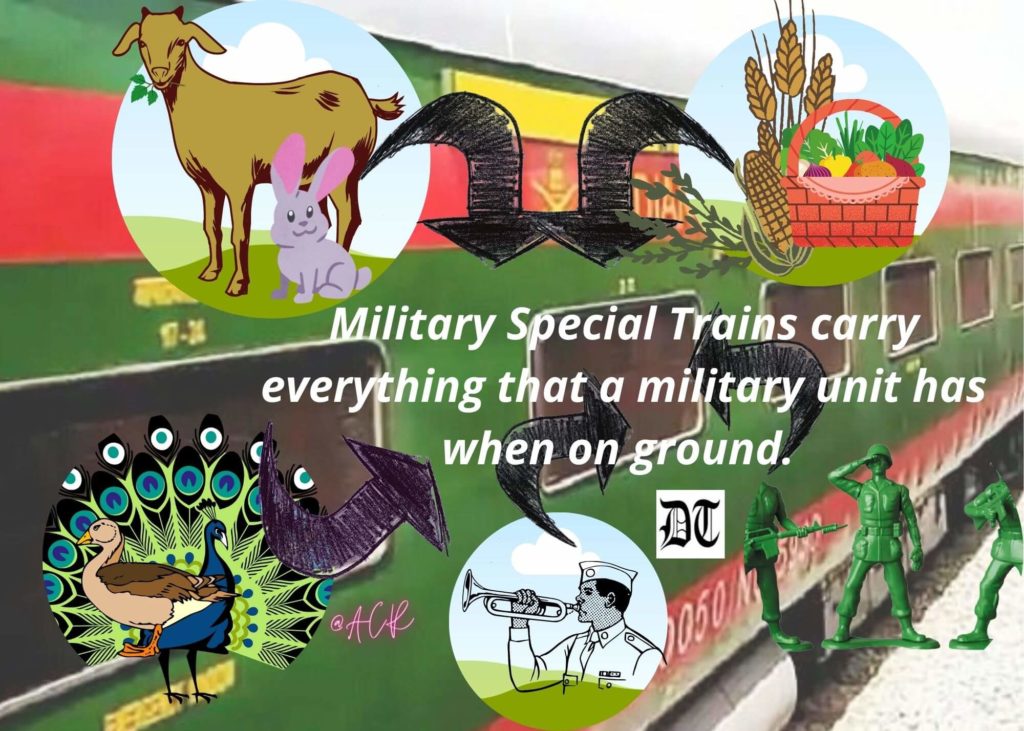
Military Special Trains carry everything that a military unit has when on ground. They just collect all their stuff and stuff them into the train – vehicles and ammunition alike. Not just that, but dry rations, and fresh vegetables, and even goats called “meat on hoof” are carried around on the train, and resupplied enroute. And of course, the train is packed with hundreds of soldiers in olive green! They are able to morph into whatever is required – bearers, waiters, drivers, attendants, nurses, veterinarians, guards. Needless to say, every OG guy knows how to fire a gun. He is trained. Each is a responsible individual. The RMO doctor – Regimental Medical Officer and his small MI Room clinic are a must on the train.
The train we were on carried a bogey full of a variety of animals, Battalion mascots. Two deer, three peacocks, six rabbits, five ducks and a mountain goat. At every halt we ran to see them being given food and water, and their quarters being cleaned out.
For us kids on board the sound of the bugle always struck terror. As the train approached the scheduled station, the bugle would blow twice for people to get off. That was exciting. It was later when the bugle blew for everybody to get back into the train that it caused so much anxiety and fear. We were worried Father would be left behind. More than that it was Bruno not boarding that made us whimper. Life without Bruno was impossible. We were used to Father being away. Always at the last moment our OG Guy Sher Singh, called bhaiyya by us would jump in with Bruno in his arms.
Mealtimes were fun times. The anticipation of food whether lunch, dinner, or breakfast, or tea broke up our monotony.
Mealtimes were fun times. The anticipation of food whether lunch, dinner, or breakfast, or tea broke up our monotony. The civilian train staff ate with the soldiers and we went to the dining coach where the tables were covered with white table cloths, and the starched white napkins were folded to look like pigeon tails! Here we were served eggs and toast and corn flakes. Sometimes stuffed parathas. The army cook, much-maligned and invisible, is actually a magician of sorts. He can create exotic desserts under the most excruciating conditions. Caramel “Kuster” (custard) being the most favourite of all! Tiny pieces of fried toast piled with scrambled egg and a spot of tomato ketchup are called Angels on Horseback. This is a popular “cook with what you have” fauji cocktail snack. In very high-altitude places like Ladakh, rations have to be airdropped. Here, at 14,000 feet plus altitude, military cooks whip up dessert-like snowball soufflé pudding and pineapple upside-down cake.
On the train, lunch was invariably vegetarian, and dinners got a bit exotic with chicken curry. The chicken picked up at the local market at the last halt. “The army marches on it stomach”, Father would always say. But we had not seen anyone do that. I mean walk about on their stomach! Before lunch or dinner was served, the Mess Havaldar, the OG Guy responsible for orchestrating all the procurement and management of food items in the officers’ mess, would march up to the Commanding Officer, and announce, “Sreeman! Bhojan prastut hai!” (“Sir! The meal is served!”) With a “Dhanyavaad” word of thanks, the CO would rise and proceed. Protocol fully in place even on the train. No rules or regulations were to be compromised. This was an Olive Green world on wheels.
Military Special Trains can take anywhere from a week to 10 days to arrive at their destination. We saw the slowly changing landscape as the train moved through different terrains…
Military Special Trains can take anywhere from a week to 10 days to arrive at their destination. We saw the slowly changing landscape as the train moved through different terrains, and the topography changed as we passed through different states. We were surprised to see the dividing lines on the maps vanishing in real space. What a vast country we lived in! There would be no jostling crowds of people for miles. We passed mustard and paddy fields and sugarcane groves and even sunflower farms. We saw hamlets and tiny villages with mud, and some brick houses and egrets riding the back of water buffaloes. Mother was always teaching us so we wouldn’t run off to any other part of the train. The moment my sister and I started a quarrel she would sit us down and start teaching us. But not from any book. Once she told us, “Do you know all those on board this train speak different languages, and come from different parts of India? Yet they all wear Olive Green and are ready to defend every inch of this land! Even die for it. Nobody else is ready to do that. I mean lay down their lives for our country. For these mountains, for these rivers, for these glaciers and for a blade less desert.” That made us proud and sad. Until this day we feel proud. And sad.
When the train neared a city, we could see scooters, bicycles and cars and buses and traffic jams under railway bridges. We crossed rivers very slowly. This gave us enough time to throw a wishing coin into the river and ask for something or the other that the parents couldn’t or wouldn’t buy for us. The Commanding Officer – “CO Uncle” sometimes negotiated with the railway guys and got a longer break at big cities so we could sneak into the city for a while. Once when we stopped at Calcutta we got off and had dinner at Trinca’s, a particularly important restaurant and bar. Boys with guitars were singing along with a lady in a red dress. It was such fun!
Then there was a time when there was an impending war. At once the Military Special Train I was on had something about it that was now stern and different in its demeanour.
Then there was a time when there was an impending war. At once the Military Special Train I was on had something about it that was now stern and different in its demeanour. Full of purpose and a call to action, and huffing and puffing like a dragon all ready to leave. I was to disembark at New Delhi. This time only the olive green soldiers and the guns and the artillery and ammunition were going along. The destination was unknown. The bugle was sombre. Everybody lined up, and the bystanders waited to shake hands. This journey had rendered everyone very quiet. Families had come to the train station to bid goodbye. They were trying to smile, but their eyes glistened with tears. This time the train was not going to stop anywhere enroute. There was a hurry about it. A collective energy. I disembarked at New Delhi. Nobody said, “phir milenge” (see you again). Not long after, the war ended. Some came home to their families. Others did not.
Yet it was a victory. The platform was crowded with celebratory garlands, and India’s tricolour flag hung from a bogey that carried the sacred ashes of those who had made the supreme sacrifice for the glory of India. Oliver Green Guys in ceremonial uniform with their rifles upside down, collected the ashes as the bugle sounded ‘The Last Post’.
The next time I was on a Military Special Train, it chugged from Nizamuddin Station. It was going to carry the crème de la crème of the Indian Armed Forces…

The next time I was on a Military Special Train, it chugged from Nizamuddin Station. It was going to carry the crème de la crème of the Indian Armed Forces and their families to the Defence Services Staff College for officers in Wellington, Nilgiris, where I had been as a child on that truck convoy. This train was full of kids, wives, a few parents and a crazy happy-go-lucky crowd of officers who had passed one of the toughest exams to get here. Joking, laughing, drinking, and lots of treats for the kids. A sense of fulfilment and achievement filled the air. People rushed from one bogie to the other, yelling names, searching for friends – a bon homie that cannot be replicated – a train full of excited officers in their mid-thirties. We met old friends and made new ones. It took the happy OG train four days to arrive in Coimbatore.
Olive Green vans called “JSW” waited to take us from the small Coimbatore municipality of Mettupalayam, to Wellington, about 40 kilometers away up the blue mountains. To the fragrance of tea, and the taste of olives and pimento. The hills were dotted with red roofed houses and the Defence Services Staff College stood tall and majestic. Officers from fifty other countries were to arrive. It was the best year of our military lives!
Several years later, a much-travelled rattle trap olive green Jonga SUV waited for me at the railway station.
Several years later, a much-travelled rattle trap olive green Jonga SUV waited for me at the railway station. I had returned after visiting the spouse, who was stationed in a field area, and the unit had sent a vehicle with a uniformed driver to pick me up. This is a military courtesy reserved for military wives travelling alone. I clambered in, taking the hand of the soldier driver. As the Jonga rattled its way along I noticed a fancy car, perhaps an Audi following us closely and the obnoxious young man was leering, jeering and honking at me in the OG rattle trap. At first, I felt embarrassed – but only for a moment before realisation swept over me like a gush of green coolant!
I leaned out and yelled, “Hey buddy! You know, I have a great job, and I could buy that car you are driving. But you! You can never travel in this one unless you are trained to wear Olive Green!” And I wagged my thaenga (thumb) at him.
His sneer and jeer fell away, and he took off like a shot! But not before waving me a smart salute.
(Concluded)
Visuals by Different Truths

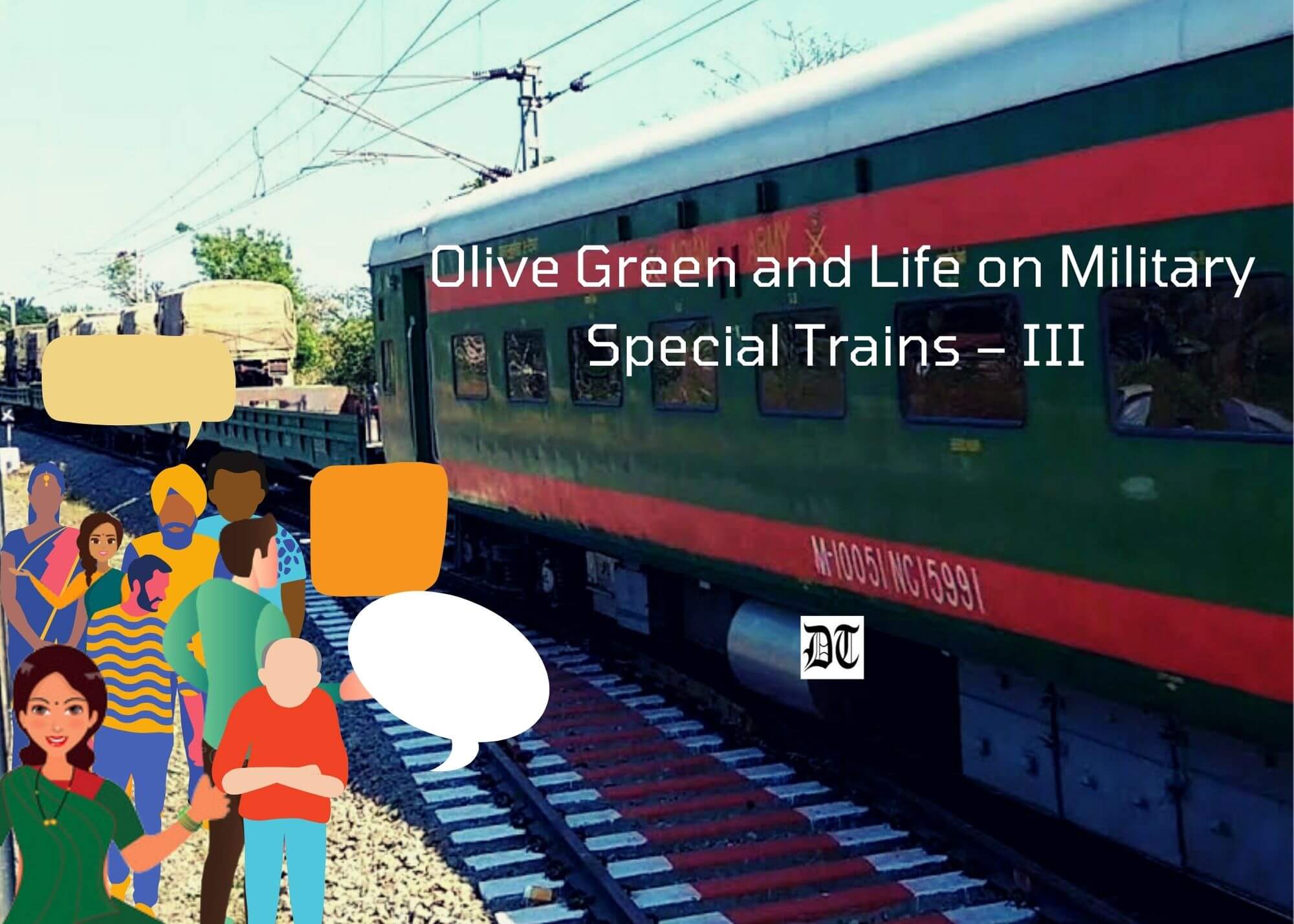



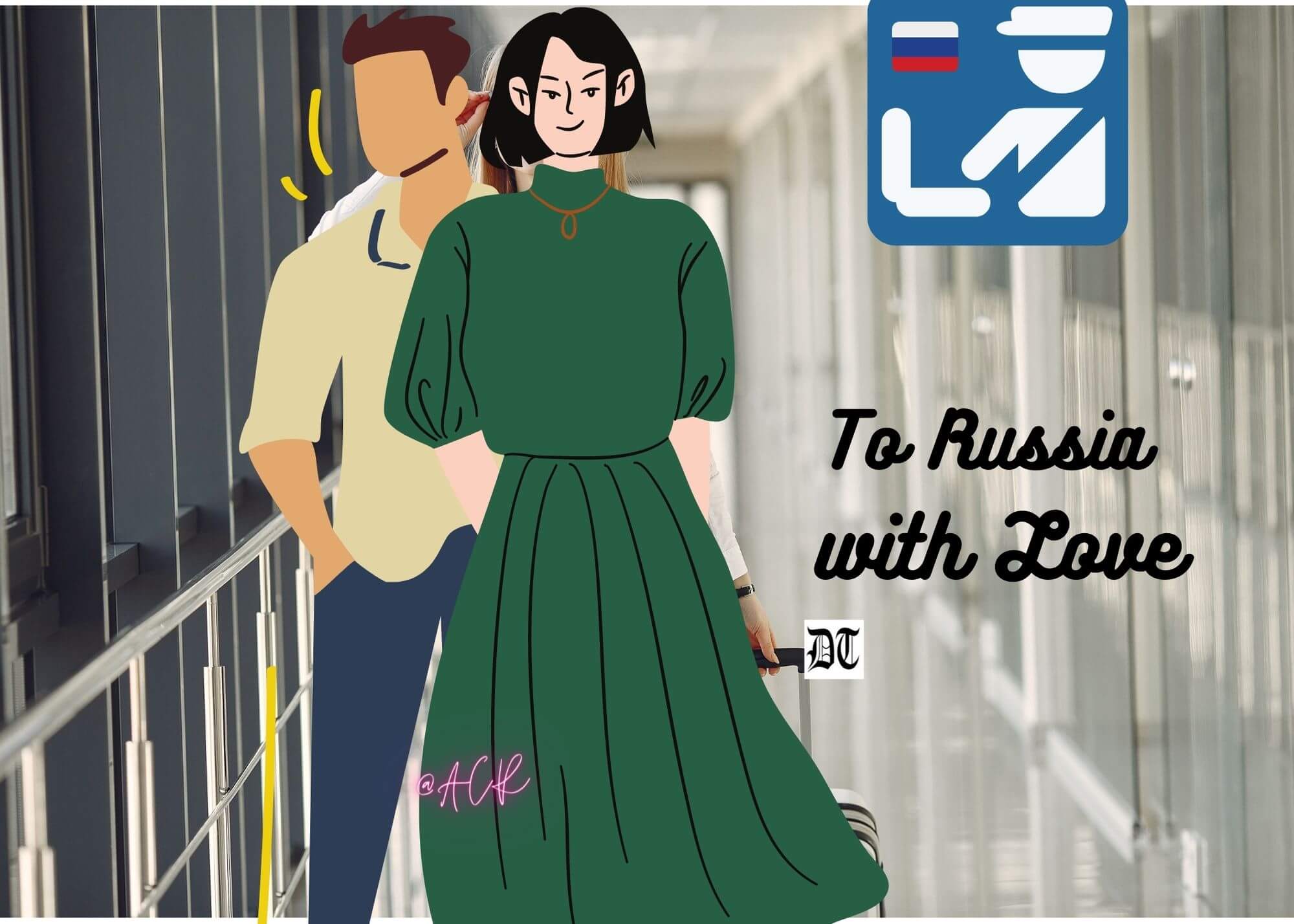
 By
By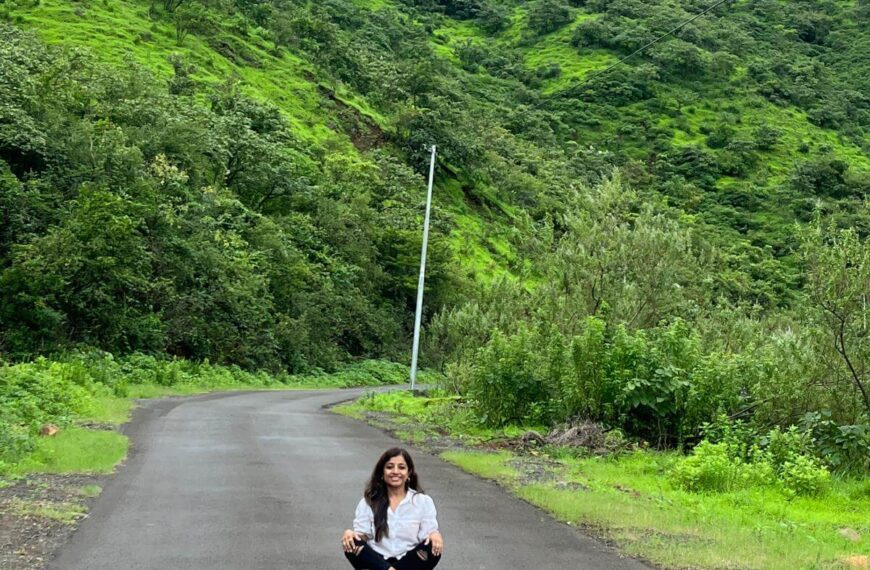
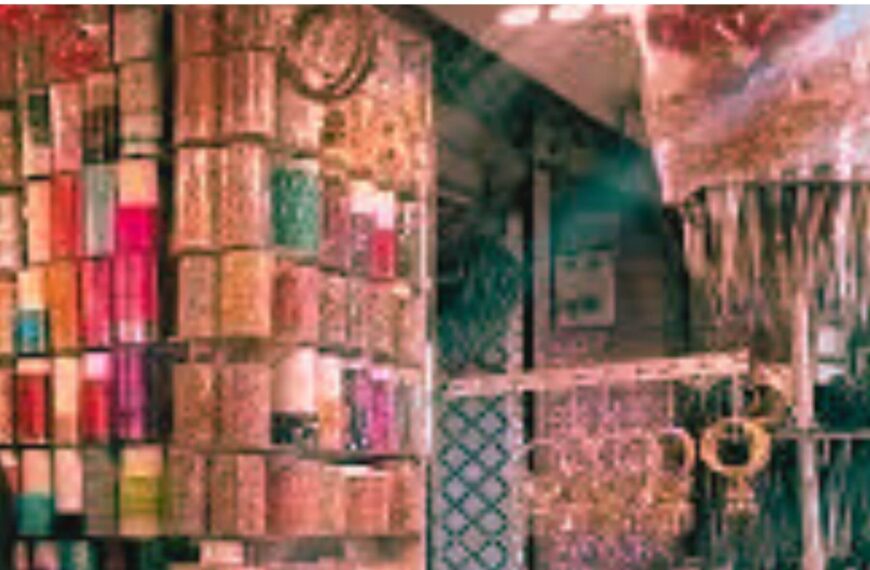
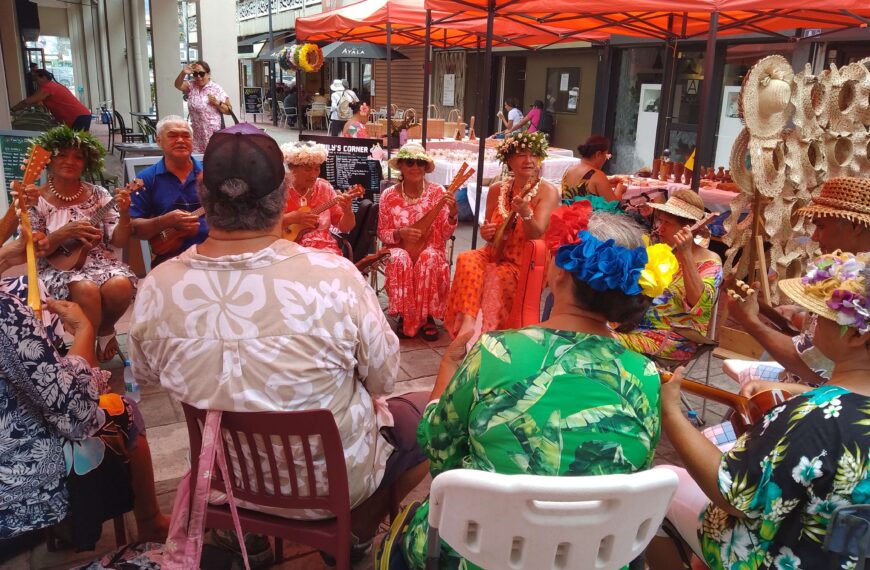
So eloquently and evocatively written. The childhood and adulthood of military families brought to life by DT. Thank you for honouring the Indian Army in this way. Jai Hind ki Sena!